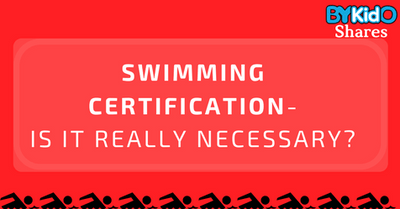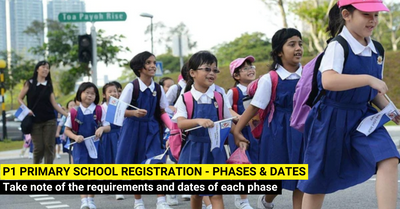
Prepared by Angelica De Jesus
Many parents can have contradicting strategies for encouraging their children to become lifelong learners, but it can’t be denied that getting quality education places high on their list of priorities. The guidance of good teachers and access to an environment that’s conducive to learning can empower students to discover and pursue their interests and develop positive habits that will help them achieve their goals.
Some parents think that these lessons only stick once the student starts entering puberty, thereby choosing to invest more in their children’s education only once they enter their middle or high school years in Singapore. The truth of the matter, however, is that learners enjoy plenty of life-changing benefits by starting off their educational and scholastic journey in a top-notch early childhood educational institution.
There are many such institutions Singapore-based parents can choose for their children. Search for “early childhood education Singapore” online, and one will find some of the most popular options many other parents are already looking at. In addition to kindergartens and child care centers, parents also have the option of enrolling their young children in international schools that offer first-class programs for infants and toddlers. The thoughtful supervision of educators with an international perspective is seen by many parents as an excellent foundation for setting their young children up for future success. There is plenty of evidence showing that children who undergo quality early learning programs are more prepared for school and have a better chance of achieving good outcomes compared to their peers.
Preparedness for School Is a Benefit that Can Have a Snowball Effect on a Child’s Life

Humans are born prepared for learning. Between the ages of 1 and 5 years old, human brains develop more rapidly than they ever would at any other stages of life. Supporting development at this stage will have a lifelong impact on a child’s health, ability to learn, and chances of succeeding later in life. During the first few months of their lives, children benefit the most from the care, interaction, and stimulation that they get from their parents and adult caregivers.
Enrollment to a quality infant, child care, or preschool program ensures that a child will be under the care of expert early childhood educators who will provide a good learning environment, interact with the children, identify and track cognitive and behavioral challenges that may affect them, and provide these young learners’ needs while they’re in the care facility. These specialized educators prepare a play-based curriculum that promotes learning and supports holistic development among their students. As such, these programs can be expected to produce young students who are more prepared to learn once they reach higher grade levels, and who are more likely to retain their motivation to study as they advance in their academic journeys.
By the time they reach 3rd grade, students who have been enrolled in good preschool programs are more likely to read at their grade level. Reading proficiently by the end of 3rd grade matters a lot, as this is the end stage by which children learn to read. By the start of 4th grade, the students are expected to start reading to learn. If the learners are not able to read at their level by the end of grade 3, then they are more likely to fall behind once they get to higher grade levels. This can have a significant impact on the students’ likelihood to finish high school, pursue higher education, and play a critical role in a dynamic
economy.
It’s also worth noting that good early childhood care and preschool programs not only affect individuals; these also have a significant impact on the economy as a whole. Countries that heavily invest in early childhood education do so because these programs empower parents to stay employed while caring for their children. They also help mitigate situations that would need more expensive interventions later in life, and they give the next generation a much better chance of reaching their full potential.
What Constitutes a Good Early Childhood Education Program?
Accredited care centers for infants and young children typically offer a wide range of programs that suit different situations. A center may offer full-day, half-day, or flexible schedules to families, for example. It’s also essential to have safe and well-maintained facilities, excellent hygiene practices, age- appropriate curricula, learning environments and tactile tools that can be used in different stages of development, and a strong support structure to bolster the facility’s core care programs.
On top of all these, excellent child care facilities employ effective early childhood care educators, highly efficient support staff, and a pro-active administration that promotes continued training and development among employees. In a culturally diverse country like Singapore, it’s crucial that the care facilities understand that the families they cater to come from different cultural milieus and adhere to different values, and as such, appreciating these differences should be impressed upon the learners and staff members.
Early childhood care facilities serve as partners to parents who want nothing but the best possible start for their children. As such, it’s important that there’s an open line of communication between the educators, administrators, and parents. Together, parents, educators, and care providers can help ensure that the children under their care will receive all the support they need during their period of rapid development.



![The Best Preschools and Kindergartens in Singapore [2026 Updated]](http://www.bykido.com/cdn/shop/articles/Copy_of_Copy_of_Facebook_Link_Image_Size_1200_x_628_8_ba8e698a-2622-43fb-9ca3-f02e574b65a4_400x.png?v=1767792462)




